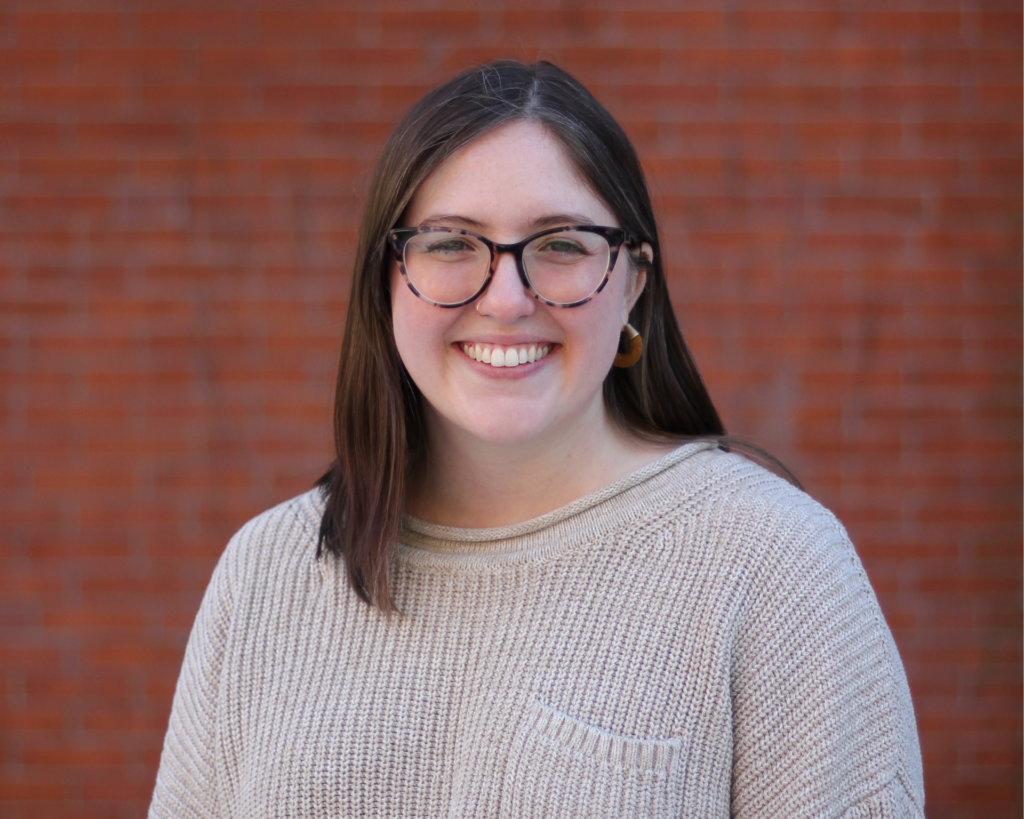2024 Year in Review
Outgoing Executive Editor Michael Stein reflects on the conversations and debates ahead. Narrative will matter; evidence will matter. No matter what comes next, PHP will continue to bring evidence-based and underreported solutions to help you analyze the changes afoot.

Read Time: 7 minutes
Published:
Dear PHP Readers,
We are about to enter a new era in the United States. Political upheaval will certainly have effects on public health practice and its workforce, on funding and priorities, in the scientific process, potentially even censoring topics of interest. The conversation and debates ahead will be intense and urgent. Narrative will matter; evidence will matter. The usual themes of public health are about to be re-examined and re-litigated in the public space: power, prevention, wealth, climate disaster, race, rights, surveillance, humane AI, social class, and schooling.
No matter what comes next, PHP will continue to bring you evidence-based and underreported solutions to help you analyze the changes afoot. Our mission is to spotlight critical intersections in public health and social justice to advance conversations about health across the country. We will offer argument and debate. We will search for sightings of hope and put forward suggestions that we believe may assist with the betterment of health in the United States and the world. Our writing will remain accessible, diverse, broad, fair, unexpected, and indispensable.
As we enter a new administration, many old ways of doing things seem under threat.
The two halves of America continue to feel irreconcilable. At PHP we try to examine public health issues that touch both parts of the binational country that America has become. We sit in Boston, but write for the nation. We recognize that our two halves are set in stone: different on immigration, LGBTQ+ rights, and gun safety (all topics we’ve taken up in 2024). We have written extensively about the cultural divisions between rural and urban, the divergent values of education, and how to slow climate change. These are complex issues with no easy answers. Yet public health is most interested in reconciliation and solutions.
In 2024, in the PHP way, we looked into ubiquitous (and sometimes quirky) topics that impact the health of Americans, like sports betting, sociodemographic divides in the microbiome, flame retardants, public bathroom access, wildland firefighters, and the appeals of harmful substance use. Part of our job is to ensure that Americans get a clear-eyed analysis of the full array of activities that affect their health every day.
As we enter a new administration, many old ways of doing things seem under threat. The legal system feels shaky and, in places, corrupt. Politicians, too often purely performative, are not even held to the bare minimum of passing and implementing legislation. The winner of the 2024 PHP student writing contest, Charles Gabel, wrote of a public health policy that should be prioritized by the House of Representatives. In his letter to Speaker Mike Johnson, Gabel wondered why Americans are paying so much for housing, crushing the poorest among us. He suggested that Medicaid could experiment with using its funds to subsidize rent payments but for a shortage of housing supply. We were delighted to publish this thoughtful argument.
If you have been reading PHP since we began this experiment nine years ago, thank you. If you’re new to PHP, welcome.
Our main job at PHP is to keep an editorial eye on peer-reviewed research related to the foundational forces that influence health. In addition to our fellows’ writing, we invite guest authors to share their expertise with our readers. Our expert commentators have written about television streaming apps posing new risks to Latino health, the built environment’s effect on behavior and personality, and where adolescents get firearms. Our student fellows continue to find underreported public health research, writing about toxic tampons, reflective pavement for city cooling, and cigarette butt litter. In 2024, we again interviewed leaders from health care, national organizations, academia, and our local communities to get their views of our nation’s risks, struggles, and successes.
Our readership continues to grow. We are reaching new populations, cities, and countries. In 2024, nearly 200,000 readers consumed PHP’s assortment of research, databyte, and viewpoint articles. And over 14,000 subscribers receive PHP in their inboxes each Tuesday. Every year, PHP is used as a resource by journalists, policymakers, and in university classrooms, making science communication and population health research accessible to all.
If you have been reading PHP since we began this experiment nine years ago, thank you. If you’re new to PHP, welcome. Visit our newly updated website to explore our daily articles covering a range of topics, including mental and behavioral health, health equity, the environment, sexual and reproductive health, and disease. You can stream our monthly episodes of PHPod, follow us on Instagram and LinkedIn, and learn about the newest generation of health leaders and activists. If you are a student, we hope you will enter this year’s essay contest. Entries are due Friday, January 31. The prize is $250 and publication in PHP.
Every year, the writing staff of PHP transforms. Readers have spent this year with our hard-working group of PHP fellows—Lia Musumeci, Heather Sherr, Jude Sleiman, Dani Weissert, and Abby Varker—whose pieces you’ve seen published on our website, on social media, and in our weekly newsletter. We are grateful for their passions and persistence. They have been relentless in finding interesting and offbeat content and have produced articles on schedule while earning their MPH degrees. This is no easy task. These five students will finish their graduate studies at Boston University School of Public Health in May and pursue careers where we hope their writing fellowship helps them make public health communication clearer for us all.
PHP will continue to elucidate and entertain in 2025.
Our incoming 2025 fellows—Bernadette Carter-Salmond, Mallika Chimpiri, Rowena Lindsay, Jack Mellom, and Aidan Stotz—will no doubt keep up the high standards of PHP when they begin to publish in late March. We can’t wait for you to engage with their work.
Mallory Bersi remains our fabulous managing editor this year, bringing her writing and editing experience and immense energy and leadership. Jennifer Beard, our associate editor and national leader in public health writing, continues to improve the work of our student-writers. She also works with our external contributors from across the globe, helping them present their research and opinions in the clearest way possible.
In 2025, I will be stepping away from the executive editor position after eight great years to become Interim Dean of our School of Public Health. It will be difficult for me to miss even a single pitch meeting with our talented team who keep me on my toes. Professor Monica Wang will be taking over for me this year, and I am confident that she will bring fresh ideas, energy, and eyes to the job. Professor Wang has a long history of innovative communications research work herself, and I’m certain she will guide PHP to new corners of health communication.
We hope we have been helpful and even entertaining as a trusted information source during the election season. PHP will continue to elucidate and entertain in 2025. We resume publication on Wednesday, January 8, 2025, after our winter publishing break. Again, thank you for reading, writing, listening, subscribing to, and passing along PHP to your friends and family.
If you have thoughts, questions, comments, or topics you’d like us to cover, please send them to Mallory Bersi at mbersi@bu.edu.
Have happy and healthy holidays. See you next year.
Michael


